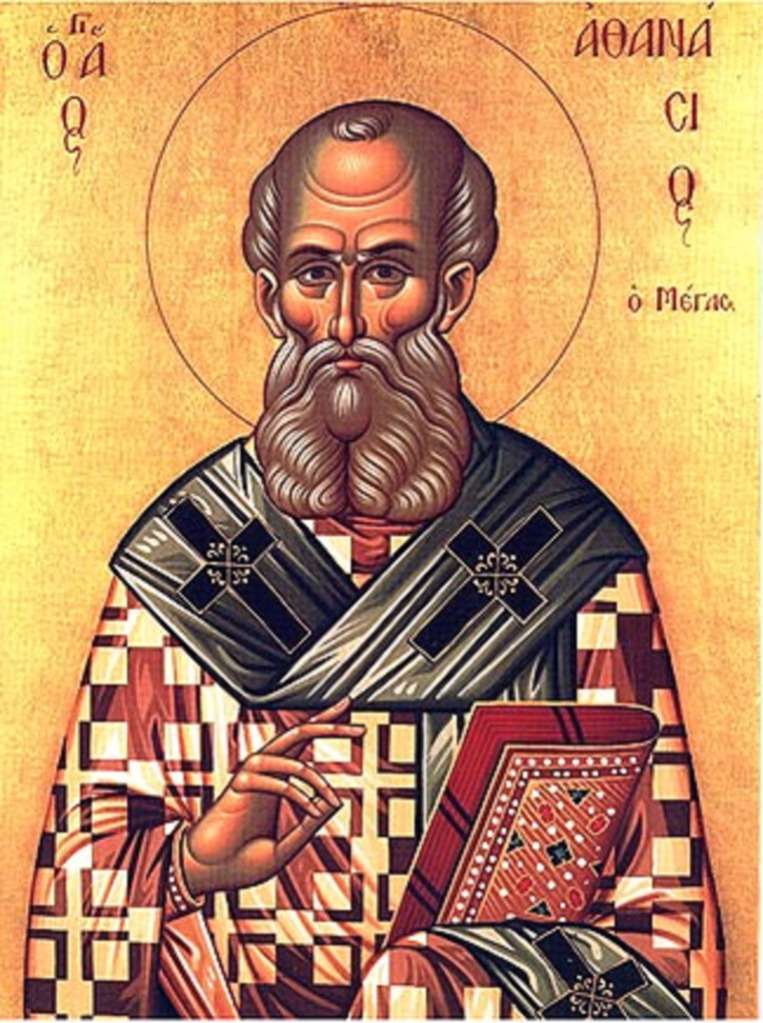It’s no secret that one of my favorite theologians is Dietrich Bonhoeffer. His book Life Together is, in my opinion, the best book written on the nature of true community in the church. It is a must-read for many reasons, but one of the most important is the way that Bonhoeffer directly deals with something all of us face with the church: disillusionment. If you have not experienced disillusionment at some point in your involvement with the church, then you probably have not been that involved. At a time when people struggled with living their faith individually and together, when the church was rent apart by conflicting allegiances and hypocrisy, Bonhoeffer stepped forward to train young pastors to serve Christ’s church.
Here are 5 must-read statements on the Church by Bonhoeffer from Life Together which I like to post here from time to time. I hope you find them as challenging and encouraging as I have over the years:
- “Just as surely as God desires to lead us to a knowledge of genuine Christian fellowship, so surely must we be overwhelmed by a great disillusionment with others, with Christians in general, and, if we are fortunate, with ourselves. By sheer grace, God will not permit us to live even for a brief period in a dream world.” [26-27]
- “Every human wish dream that is injected into the Christian community is a hindrance to genuine community and must be banished if genuine community is to survive. He who loves his dream of a community more than the Christian community itself becomes a destroyer of the latter, even though his personal intentions may be ever so honest and earnest and sacrificial.” [27]
- “Thus the very hour of disillusionment with my brother becomes incomparably salutary, because it so thoroughly teaches me that neither of us can live by our own words and deeds, but only by that one Word and Deed which really binds us together – the forgiveness of sins in Jesus Christ.” [28]
- “If we do not give thanks daily for the Christian fellowship in which we have been placed, even where there is not great experience, not discoverable riches, but much weakness, small faith, and difficulty; if on the contrary, we only keep complaining to God that everything is so paltry and petty, so far from what we expected, then we hinder God from letting our fellowship grow according to the measure and riches which are there for us all in Jesus Christ.” [29]
- “A pastor should not complain about his congregation, certainly never to other people, but also not to God. A congregation has not been entrusted to him in order that he should become its accuser before God and men….Let him pray God for an understanding of his own failure and his particular sin, and pray that he may not wrong his brethren. Let him, in consciousness of his own guilt, make intercession for his brethren.” [29-30]
[These quotations are taken from John W. Doberstein’s classic translation of Life Together. A more recent translation with thorough annotations and a helpful introduction is found in Volume 5 of Dietrich Bonhoeffer Works.]




